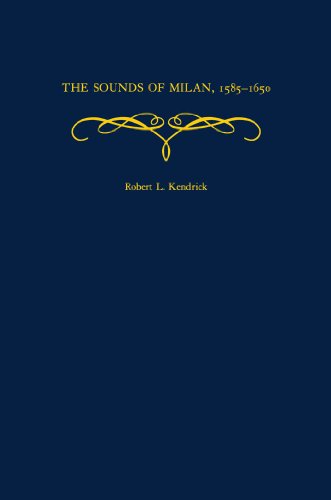Canines in Cervantes and Velázquez: An Animal Studies by John Beusterien
By John Beusterien
The research of the production of dogs breeds in early sleek Europe, specifically Spain, illustrates the several constructs opposed to which notions of human id have been solid. This booklet is the 1st finished historical past of early sleek Spanish canine and it evaluates how of Spain’s so much celebrated and canonical cultural figures of this era, the artist Diego Velázquez and the writer Miguel de Cervantes, noticeably query humankind’s sixteenth-century anthropocentric self-fashioning. regularly, this learn illuminates how Animal reports can provide new views to knowing Hispanism, giving readers a clean method of the old, literary and inventive complexity of early sleek Spain.
Androids and Intelligent Networks in Early Modern Literature by Kevin LaGrandeur
By Kevin LaGrandeur
This ebook explores the production and use of artificially made humanoid servants and servant networks by means of fictional and non-fictional scientists of the early smooth interval. starting with an research of the roots of man-made servants, humanoids, and automata from past occasions, LaGrandeur lines how those literary representations coincide with a surging curiosity in automata and experimentation, and the way they combination with the mystical technology that preceded the empirical period. within the cases that this booklet considers, the assumption of the synthetic factotum is attached with an emotional paradox: the enjoyment of self-enhancement is counterpoised with the nervousness of self-displacement that includes distribution of agency.In this manner, the older debts of constructing man made slaves are debts of modernity within the making—a modernity characterised via the venture of extending the self and its powers, within which the imaginative and prescient of the prolonged self is essentially inseparable from the imaginative and prescient of an attenuated self. This ebook discusses the concept fictional, synthetic servants embrace immediately the pursuits of the medical wizards who lead them to and society’s conception of the risks of these objectives, and characterize the cultural fears caused via self sufficient, experimental thinkers—the form of thinkers from whom our glossy cyberneticists descend.
Milton’s Italy: Anglo-Italian Literature, Travel, and by Catherine Martin
By Catherine Martin
This booklet joins a starting to be development towards transnational literary reviews and revives a venerable culture of Anglo-Italian scholarship centering on John Milton. Correcting misperceptions that experience reduced the overseas dimensions of his lifestyles and paintings, it commonly surveys Milton’s Italianate reviews, travels, poetics, politics, and spiritual convictions. whereas his accounts to Machiavelli and different classical republicans are frequently famous, few modern critics have explored the Italian resources of his anti-papal, anti-episcopal, and anti-formalist spiritual outlook. hoping on Milton’s personal testimony, this e-book explores its roots in Dante, Petrarch, Ariosto, and that groovy "Venetian enemy of the pope," Paolo Sarpi, thereby correcting a contemporary tendency to make local English contexts dominate his improvement. This tendency is partially as a result of a fallacious trust that Italy was once in steep decline in the course of and after Milton’s travels of 1638-1639, the interval instantly prior to he produced his prose evaluations of the English Church, its canon legislation, and its censorship. but those have been additionally essentially "Italian" matters that he skillfully tailored to satisfy modern English wishes, a tradition enabled by means of his terribly confident adventure of the Italian language, towns, academies, and song, the latter of which finally motivated Milton’s "operatic" drama, Samson Agonistes. in addition to republicanism and theology (radical doctrines of unfastened grace and loose will), both robust affects taken care of the following contain Italian Neoplatonism, cosmology, and romance epic. by means of making those traditions his personal, Milton grew to become what John Steadman as soon as defined as an "Italianate Englishman" whose classical "literary tastes and demanding orientation…were…to a substantial quantity" molded through Italian critics (1976), a view that's absolutely credited and up-to-date here.
The Sounds of Milan, 1585-1650 by Robert L. Kendrick

By Robert L. Kendrick